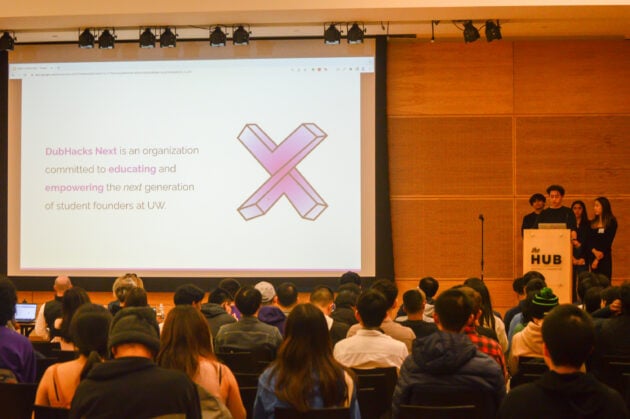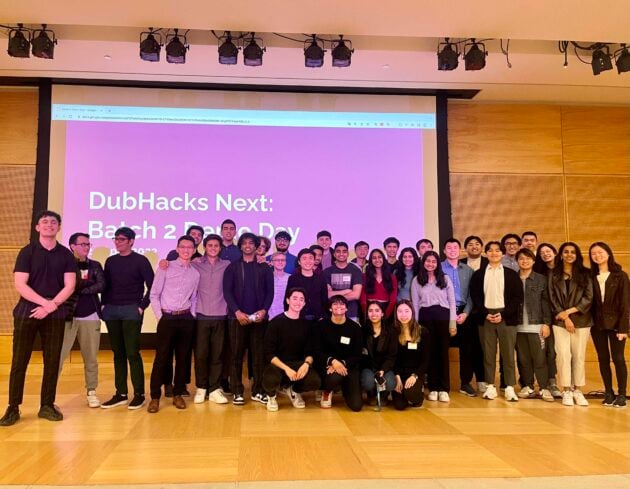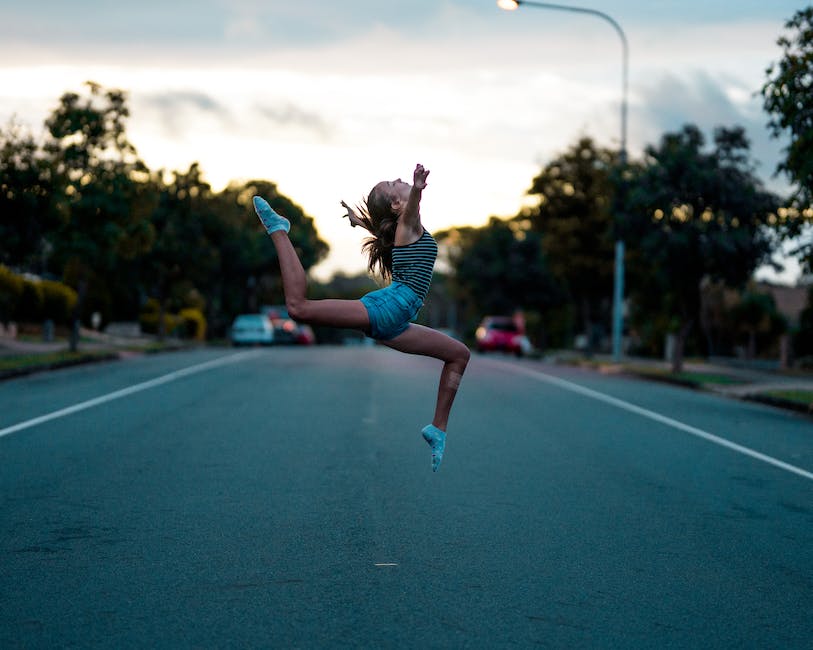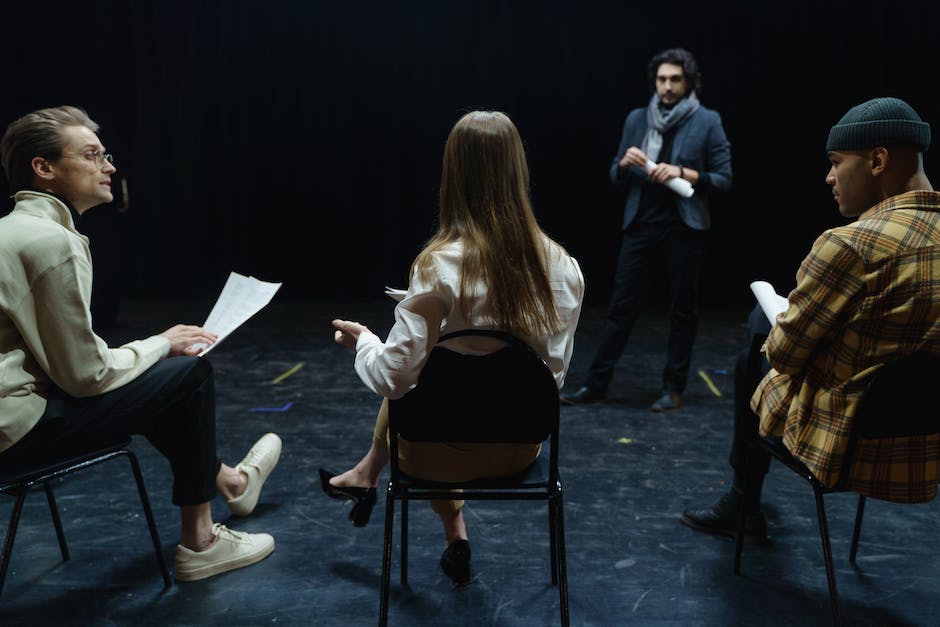[ad_1]

Students from the University of Washington’s DubHacks Next startup program pitched their projects on Monday night, showing off ideas including a platform for brand ambassador programs and a marketplace for rural plots of land.
The student-run startup incubator gives students the opportunity to develop their business ideas during a 16-week program. The year’s cohort was led by UW students Aryan Mahindra, Luna Chen, Ryan Hsu, and Adithi Raghavan.
DubHacks Next offers students two tracks: Entrepreneur-in-Residence (EiR) and Project. EIR is aimed at students who want to participate individually even if they do not have a fleshed-out concept. Project is for students that already have a startup and want to further incubate it.
There were 14 projects that pitched publicly on Monday at the UW campus in Seattle. Read about our three favorite pitches from the night, and details about the six student-run startups that participated in the latest batch.

MinuteLand
The pitch: The platform lets users buy fractional shares of land in large rural settings. Each land plot is owned by Minute, then subdivided into 1,000 square-foot chunks. Buyers can use their chunk of land for camping or other recreation, or use the property as an investment and eventually sell it to a buyer on the platform.
The founders: Victor Cheng and PJ Yancey are the co-founders of Minute. The idea came from Yancey’s experience of building a shed and camping on a plot of land in Nevada. He shared the experience on Reddit, receiving a number of inquiries from users who wanted to purchase their own share.
The traction: Minute generated more than $100,000 in revenue in its first month and is a recipient of the 1517 Medici Grant.
Zealot
The pitch: The app lets direct-to-consumer brands aggregate their “super fans” who create user-generated content about their products on one platform. These fans are given missions like posting product review videos and are rewarded based on their post’s performance with points or money.
The co-founders: Zealot was co-founded by high school senior Brandon Jakobson and UW student Srikar Chava after they noticed that user-generated content often outperformed paid ads on social media.
The traction: The startup has seven beta customers and 20 other companies on its waitlist.
QuikSwitch
The pitch: The tool lets users create windows that simultaneously opens a number of apps needed for specific tasks. For instance, a student could create a tab for their homework workflow, customizing it to include Microsoft Word, Apple Music and Chrome.
The founder: The startup was founded by UW student Brian Cao, who got the idea from his experience as a software engineer.
Here are the six student-run startup pitches from the night:
- Dabble is a micro-blogging platform that lets users post progress updates.
- EatTogether is an app that connects people to share a meal together.
- Matchbox is a platform that lets software developers discover projects.
- MyXP is a platform that connects aspiring pro gamers.
- Connect is a platform for team information during online hackathon events.
- SleeveAI is developing a wearable sleeve that collects biometric data.
[ad_2]
Source link
















